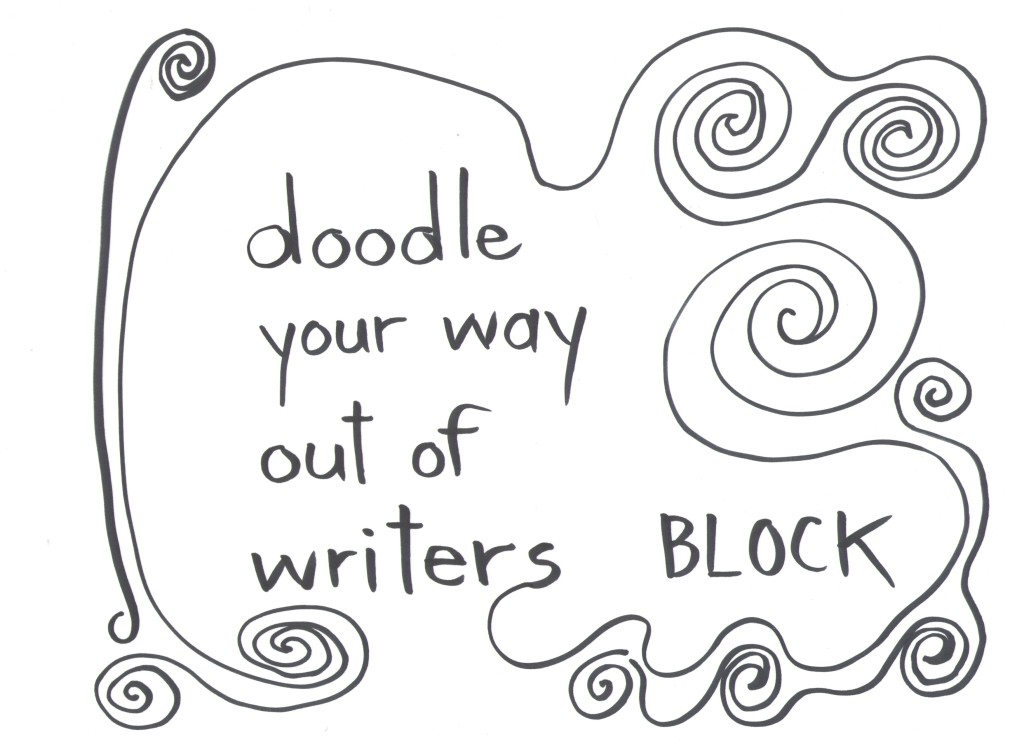
by Pamela Hodges |
When you can’t think of what to write, step away from your computer, and doodle. Yes, step away, and doodle. You heard me correctly. (Said in a kind gentle way.) Now, grab a pencil and a piece of paper, and start to doodle your way out of writer’s block.
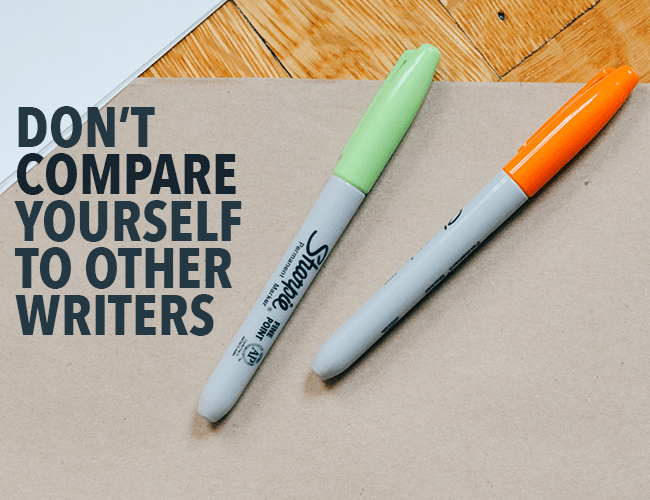
by Pamela Hodges |
There are stories published in books, and stories that have never been published. There are stories that have been read by more people than live in Kansas* and there are stories that have been read only by you, the writer. Don’t compare yourself to others.
There are also stories that have never been written. Stories only you can tell.
Fiction or nonfiction, the stories you write are unique to your experiences and your creativity. But if you compare yourself to others, you might never write them.
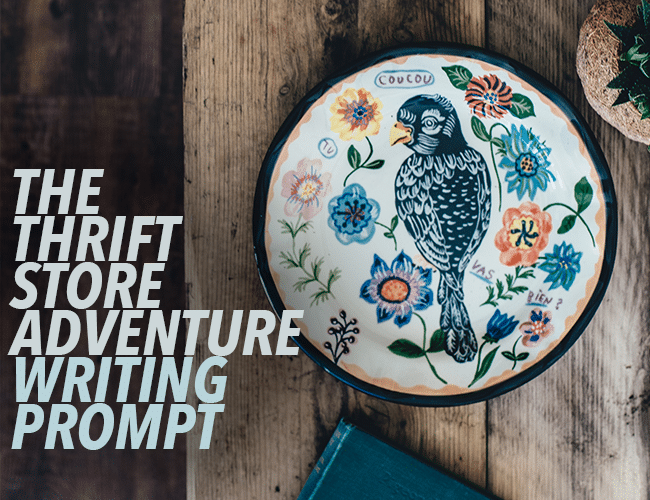
by Pamela Hodges |
Every item has a story: The true story of where the item was acquired, who owned it, and where it traveled, and the story you are inspired to write about the item.
This is an Adventure Prompt. However, this is not the television show Mission Impossible, starring Peter Graves, Barbara Bain, and Greg Morris, a popular series from the late 60’s to the seventies. This blog post will not self-destruct in five seconds.
Even so, we will pretend we are going on a real adventure.
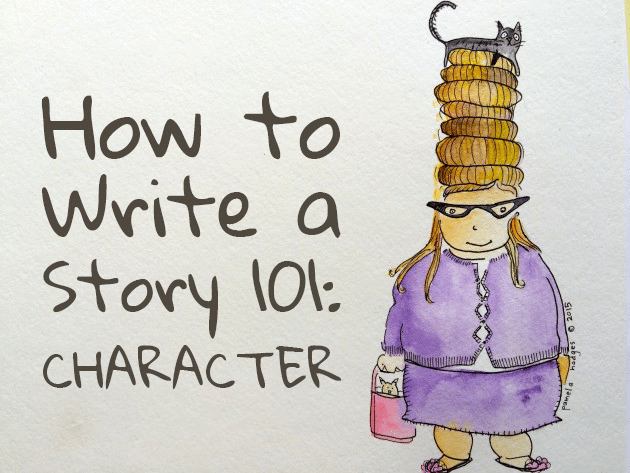
by Pamela Hodges |
You are going to write a story. Yes, today is the day you are going to write a fiction story about someone. Your character and their development through the story is the heart of fiction.
Make your characters real, and your readers will care what happens to them because they can identify and sympathize with the character in a situation.
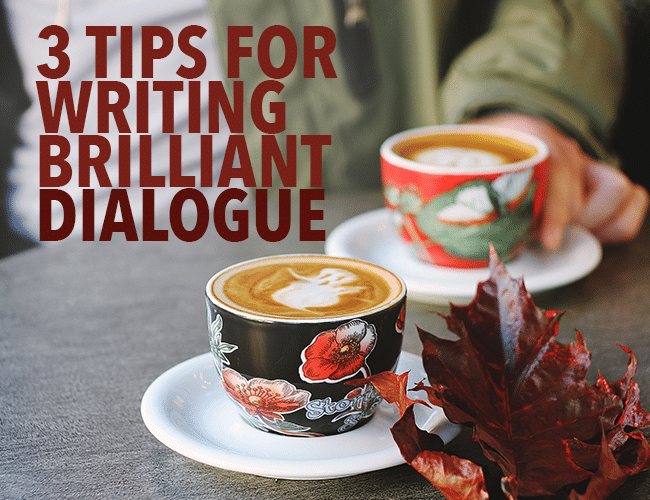
by Pamela Hodges |
We talk to tell someone we want them to pass the salt. We talk to ask questions, share feelings, and ask for directions when we are lost. We talk to ourselves in our thoughts, and we speak out loud.
In our stories, our characters talk, too. It is not quite as easy to write dialogue for our characters as it is to have conversations in real life. But if you take time to learn how dialogue works and practice writing it, you will be able to write brilliant conversations that sound natural and move your story forward.







